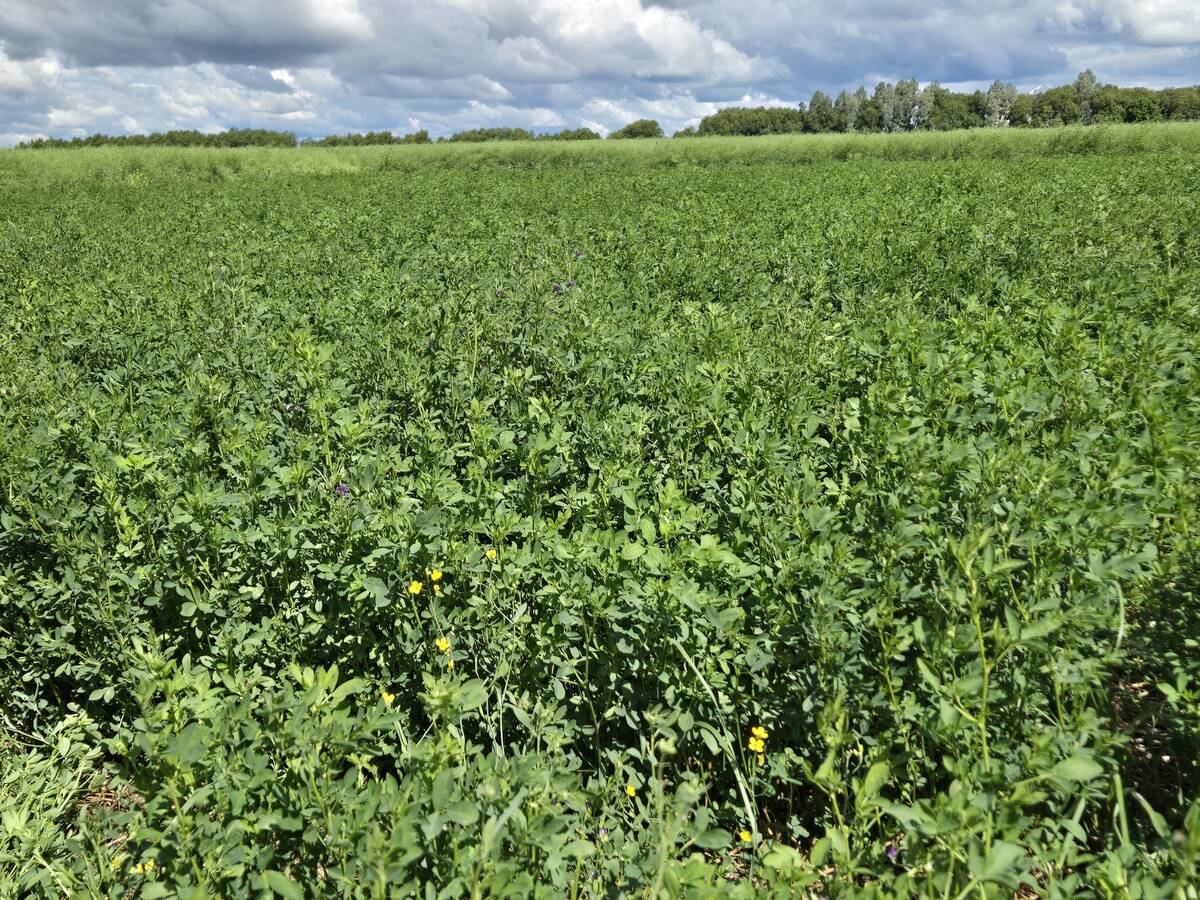After nearly a decade of negotiations, Canada’s meat industry is relieved that prime minister Stephen Harper will sign a free trade agreement with South Korea.
The prime minister flew to Seoul on the weekend and was expected to sign a trade deal with South Korean president Park Guen-hye March 11.
Details of the deal were not available at press time, but meat industry representatives said the agreement would help restore competitiveness in South Korea, a market that bought more than $230 million of Canadian pork in 2011 and $40 million of beef before the BSE crisis hit in 2003.
Read Also

Manitoba Parkland research station grapples with dry year
Drought conditions in northwestern Manitoba have forced researchers at the Parkland Crop Diversification Foundation to terminate some projects and reseed others.
The United States signed a free trade agreement with South Korea in 2012, and the Asian country has lowered tariffs on American pork and beef over the last two years.
Consequently, the playing field is no longer level for Canadian meat exporters.
Canadian Pork Council chair Jean Guy Vincent said Canada has lost $150 million in pork sales to South Korea in two years.
In 2011, Canada exported $233 million in pork to South Korea and only $76 million in 2013.
Vincent said getting an agreement with South Korea is paramount because the country has traditionally been Canada’s fifth largest market for pork.
“The first thing that is important is to have the free trade agreement. Other countries, the U.S., Chile and the EU have this free trade agreement (with Korea).”
Ron Davidson, the Canadian Meat Council’s director of government and media relations, said South Korea has a 22.5 percent tariff on chilled pork from Canada, 25 percent on frozen pork, 40 percent on chilled and frozen beef and 18 percent on beef offal.
John Masswohl, the Canadian Cattlemen’s Association’s director of government and international relations, said the Korean deal would lower those tariffs over time, giving Canadian beef exports a fair shot against American beef.
“My expectation is we’re going to have a tariff phase-out schedule that is going to enable us to ship commercially meaningful quantities of beef into Korea.”
Canada sold $40 million in beef to South Korea in 2002, the year before the BSE crisis hit. By 2012, when Korea finally lifted its BSE ban on Canadian beef, exports were worth $10 million. Last year it was $8 million.
The Korean tariff on U.S. beef has dropped to 32 percent since the two countries signed their trade deal, Masswohl said.
“We’re still at 40 (percent). So each year it’s been a little harder,” he said.
“If we can get it implemented by the beginning in 2015 and we get our first (tariff) cut the same time as the Americans getting their fourth cut … then we’ll stay eight percent behind the Americans during the (tariff) phase out.”
Similarly, the deal will likely reduce South Korean tariffs on Canadian pork over time, which means the tariff on Canadian products will remain higher than the U.S. until the phase in is complete.
“We hope to (eventually) be at zero, same as the Americans,” Davidson said.
Canada’s meat industry has vigorously lobbied for free trade with South Korea, but the Canadian auto industry has attempted to block the deal. Automakers and unions object to the elimination of Canada’s 6.1 percent tariff on Korean vehicles.

















